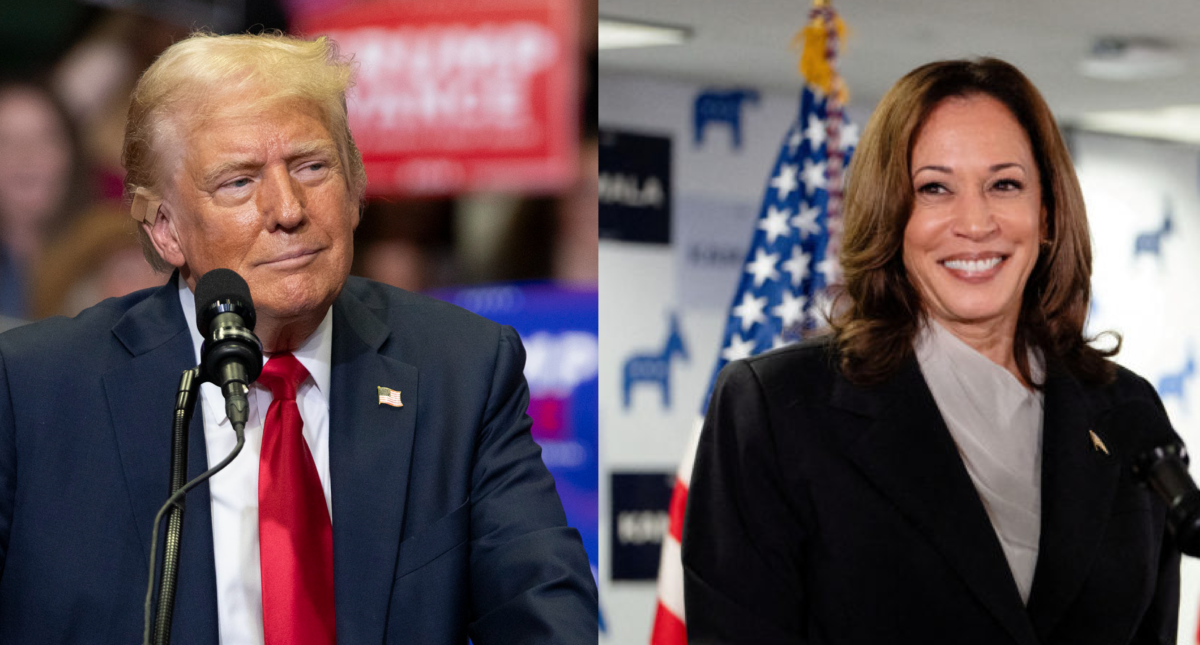By HENRY KAMER
Deeply divided political parties, national tension, name calling and the question of whether or not there will be a peaceful transfer of power. Sounds like the upcoming election, right?
Not quite. I’m actually referencing the election of 1800, when Thomas Jefferson, a Democratic-Republican, defeated John Adams, the incumbent Federalist president.
The upcoming election bears a lot of resemblance to the election of 1800. Political tensions then between the Federalists, led by John Adams and the Democratic-Republicans, led by Thomas Jefferson were at an all-time high, very similar to the polarization in the Democrats and Republicans today.
National tension was extremely high as politicians and citizens alike disagreed on topics like interpretation of the Constitution, the use of slavery, and how big the federal government should be relative to the states’ governments. Compared to today, that’s two out of three.
Incumbent president John Adams had passed the Alien and Sedition Acts in 1798 which allowed for the deportation of any foreigners deemed suspicious. Of course, the foreigners in question were the French, the Scot-Irish and the Germans.
Today all these groups are well-integrated into the American fabric but the current anti-immigrant sentiment seems to stem from countries south of the border, especially Mexico. This wasn’t a problem in 1800 as sovereign Mexico didn’t exist and the United States didn’t include the land west of the Mississippi River.
Like today, discourse between parties wasn’t always civil and could often digress into name calling. In the election of 1800, Alexander Hamilton betrayed Aaron Burr, the man who tied Thomas Jefferson and through a long series of voting through the House of Representatives became vice president.
Hamilton thought Burr was the most unfit man to run the country and labeled him as an “embryo Caesar.”
Without quoting any of the ways the current candidates describe each other, I’d say we haven’t come very far.
After the events of January 6, 2021, many have wondered if there will be a peaceful transfer of power after the upcoming election. In 1800, the election results of switching the power from the Federalists to the Democratic-Republicans established the important precedent that the executive seat could switch between political parties without completely ending the world.
This was the second time the United States had a two-party election. Additionally, people voted for only the president in these elections, and whomever was runner-up would become vice president. You could have a split-party ticket for president and vice president.
Luckily it was ended in 1804 by the 12th Amendment which required separate tickets for president and vice president.
To be able to vote is a privilege that should not be taken for granted. The people in colonial America didn’t get to vote in Parliament or even have representation and look where that got them. King George III wasn’t very happy with that one.
Moving onto this upcoming election, which is rapidly approaching, remember that voting is important and is your voice in deciding how the government should work, locally and nationally.
I don’t have the privilege of voting yet, which is why I’m using this article to urge all of you who do have it to exercise your privilege to vote. So, when you go to make your voice heard on November 5th, be proud and remember no matter the result, we are all still Americans.



Thank you for all your fantastic reporting Sue.
So many of us truly appreciate you